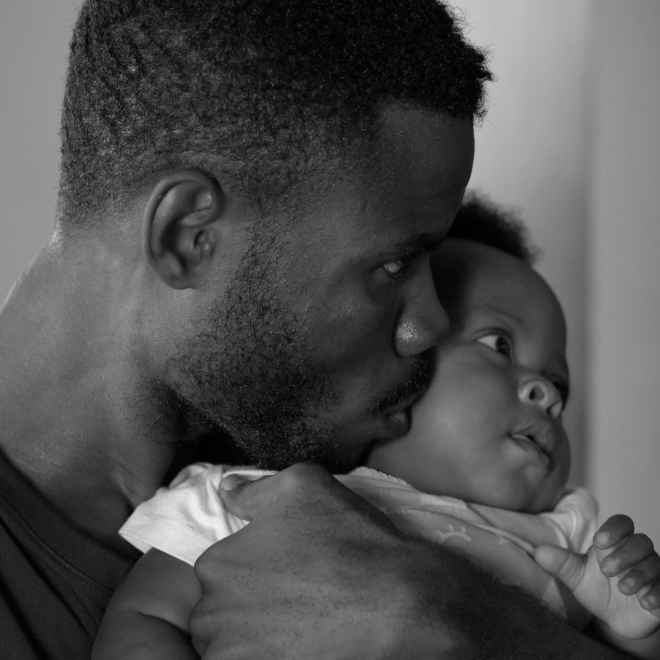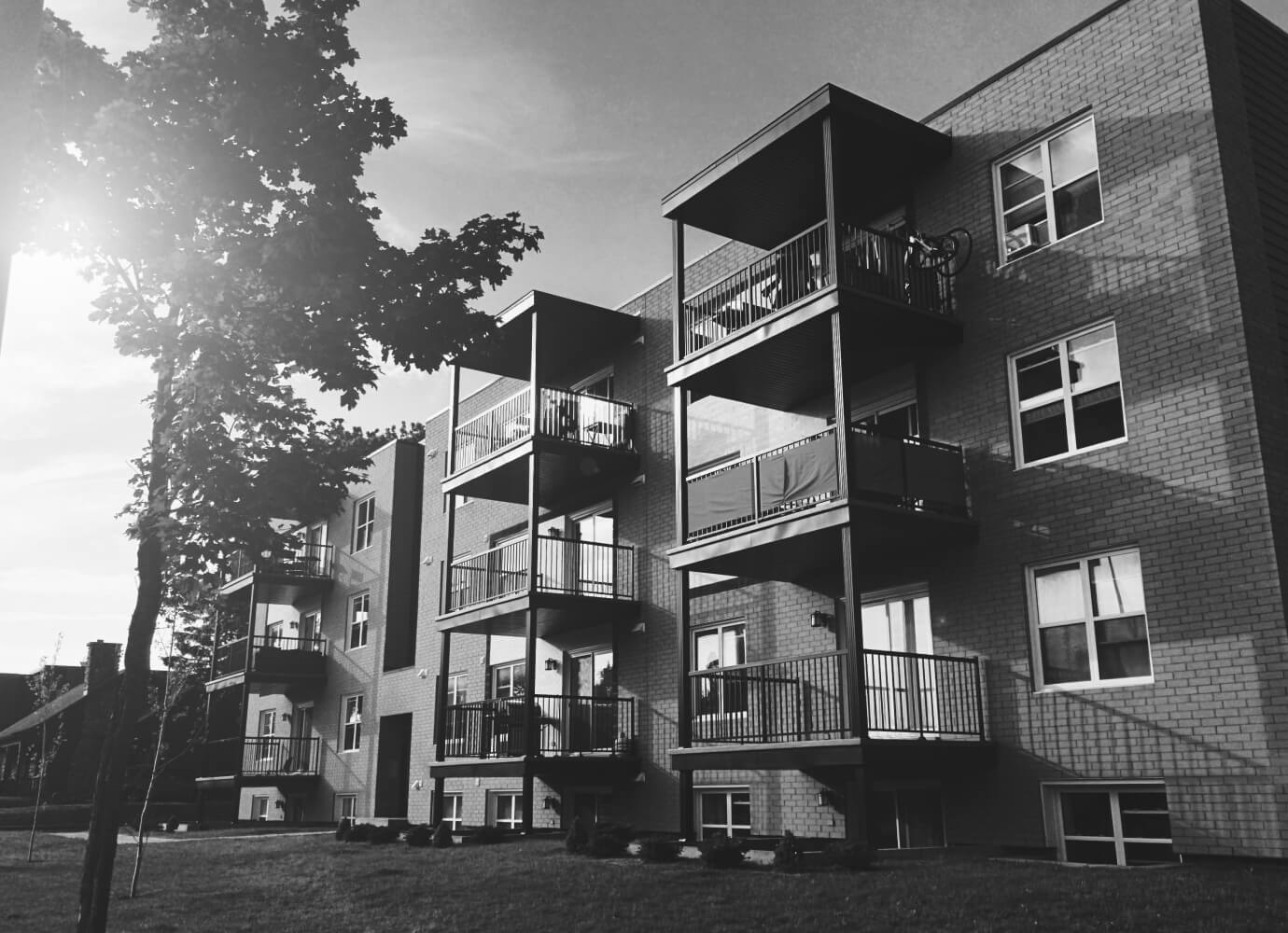The criminal justice system has countless problems that ultimately erode public safety. However, there are several opportunities for reform that will make our communities safer, alleviate cyclical poverty, and protect marginalized Californians.
Shared
Safety & 2nd Chances
Safety and justice go hand in hand—but a criminal justice system that targets the already-marginalized and leads to mass incarceration leaves us less safe and healthy as a society.

Decriminalizing Poverty and Mental Illness
The justice system has often criminalized the everyday activities of those who live in poverty, lack stable housing, or struggle with mental health issues. The actions being criminalized are often unavoidable and only leave those being punished even more vulnerable.
Decriminalizing homelessness: People experiencing homelessness are often charged with crimes that are impossible to avoid when one lacks stable housing (e.g., public camping, loitering, etc.). To fix this, we need to change laws and enforcement policies, establish legal protections for those experiencing homelessness, and address our housing crisis.
Decriminalizing mental illness: Similarly, people with mental health challenges or untreated substance addiction are at risk of being punished for crimes like disorderly conduct. The criminalization of mental health challenges only decreases the likelihood of effective treatment and increases the chances of future justice system involvement. Going down this path has led to jails and prisons becoming de facto mental health hospitals. To reverse this, we will need sufficient investments in mental health care and a removal of the justice system from mental health care interventions.
Eliminating Racial Disparities
People of color are disproportionately harmed by the criminal justice system, and many of the tactics employed by the system to reduce crime—from racial profiling to disparate sentencing outcomes—actively harm Black and Brown people and communities and make our society less safe as a whole.
Alternatives to policing: There is evidence that police are less effective in reducing crime than strategies like providing jobs for youth and hiring outreach workers. Investing in these types of strategies will reduce the interactions with law enforcement that too often lead to people and communities of color experiencing disproportionate harm.
Sentencing reform: California has adopted sentencing reforms that have reduced penalties for many less serious crimes and reduced the state’s prison incarceration rates. But moving forward, the state should address problems with longer sentences, which are disproportionately applied to Black people. We can eliminate long sentences without any meaningful risk because older people are much less likely to reoffend. Other reforms could include changes to the parole process, ending mandatory minimum sentences for nonviolent crimes, and allowing those who have been incarcerated over 15 years to request resentencing.
Creating a Meaningful Second Chance
The presence of a criminal record continues to punish people even after they have completed their sentence by blocking access to jobs, housing, and other opportunities. Our justice system, and the poverty it perpetuates, will never be fixed if we cannot provide a meaningful second chance for those who have paid their debt to society.
Re-entry programs: We know what types of re-entry programs are best at setting people up for success after leaving prison. They include high-quality education opportunities during incarceration, automatic enrollment in safety net programs (like Medi-Cal, CalFresh, CalWORKs), automatic enrollment in affordable housing programs once released, and help with job training and job searching. The more universal these practices are, the more successful people will be after reentering society.
Removing barriers to employment and housing: Despite having taken some positive steps to expunge criminal records, California still has a ways to go to ensure formerly incarcerated people are not disqualified from getting a job or finding a place to live. The state should make more people eligible for expungement and make it harder for more employers and landlords to consider one’s criminal record when applying for a job or housing.
Removing fines: The fines and fees imposed on formerly incarcerated people burdens them with debt they often have no realistic chance of paying off. California has established debt forgiveness and ability-to-pay programs, along with eliminating certain fees for those who interact with the justice system. Moving forward, the state should eliminate all remaining criminal justice fees and end the practice of intercepting CTC and EITC payments to repay child support or other debts to the government owed by low-income individuals.
Read our paper with the Stanford Center on Poverty & Inequality!
A Roadmap to An Inclusive Economy




